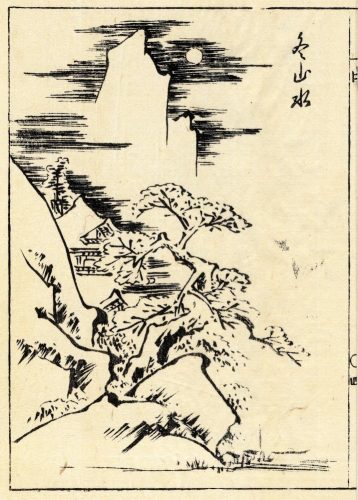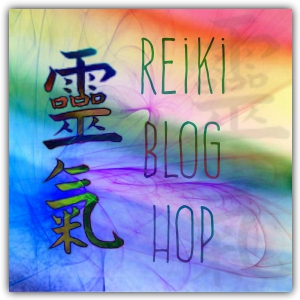Recently, within a week of each other, I had two new Reiki students ask me the same question about the precepts. The first said, “I really like the sayings you taught us and I’ve been doing them a lot. But I have a question: Is it ok if I change the wording on them?” For some reason I had a brief glimpse of him having changed “be humble” to “be proud!” and I had my reservations. But I simply said, “Well, what do you want to change?” Certainly the translations available are quite varied and Japanese seems to be a poetic language that is hard to render literally. He replied that he thought it made more sense to put the precepts into the first person, for instance, “be honest in my work.” I agreed that the change was understandable and encouraged him to continue working with it.
A few days later another new student repeated this query. This time the question came up in the setting of a Reiki group, and one of the other Level 3 practitioners shared that she had originally learned a version that was in the first person: “Just for today I will not be angry,” and so on. I agreed that this was perfectly acceptable to do, but having the benefit of a few days’ contemplation, I had more to say on the matter.
These two questioners were “pre-students” – they had started their daily work with the precepts as part of their preparation for the Level 1 class, so I had only given them the five precepts themselves, not the complete document that Usui wrote (perhaps a policy worth reconsidering!). I never had any contention with the wording of the precepts, in part because my Level 1 teacher had provided us with several translations in both the first and second person (which I also provide to my Level 1 students in our first class). But more importantly, it occurred to me that this wasn’t an issue for me because I was taught it in the context of the entire document, which begins, “The miracle cure of all disease, the secret to inviting happiness,” continues on with the precepts themselves, and was signed, Mikao Usui, founder, Usui Reiki Ryôhô. Due to my familiarity with and experience of the whole document, I always heard in my mind Usui-san saying them to me.
This realization opened the way for me to go deeper yet into my practice as I had a significant insight: one could also look at the second person or imperative precepts as one’s own higher self – one’s true nature – suggesting these ideals to one’s everyday self. Lest this sound like a case of spiritual multiple personality disorder, remember that many spiritual traditions teach the idea of self-awareness, of being able to shift your viewpoint from the usual, practical and more limited understanding of oneself to the spiritual and expansive expression of one’s non-dual self, the part of us that is an expression of divine source or spiritual unity. When we shift our awareness to this expanded consciousness, the mundane is seen in its fleeting and changeable nature, and the stillness of the eternal moment is experienced. Which, incidentally, makes it a piece of cake to not worry or be angry, which certainly arise from indulging the inconstancy of existence.
But did Usui-sensei teach these philosophical concepts? We know from our study of the symbols that he taught the practice of connecting with others through the experience of oneness or non-duality. And what of impermanence? There are very few things that we have in his own handwriting. One is the precepts. The repetition of the beginning phrase “Just for today” reminds us to continually bring our awareness into the immediacy of the present. Another is this Buddhist poem that addresses the ephemeral nature of the material world:
Like stars, mists and candle flames
Mirages, dewdrops and water bubbles
Like dreams, lightning and clouds.
In that way I will view all existence.
I find it amusing to think of the imperative precepts not simply as an expression of a grammatical mood, but in the sense of “not to be avoided or evaded; urgent.” It is imperative that you place your hands in gasshô morning and night and say the precepts aloud and in your heart. It is imperative that you seek to shift your awareness to the oneness of your true nature. And it is imperative that you release yourself from the limited and limiting rules of this impermanent existence.
Joy Vernon is a Reiki Practitioner and Teacher in Denver, Colorado. She is trained in both the Traditional Japanese Usui Reiki Ryôhô and the Western-influenced Usui Tibetan traditions of Reiki. To schedule an appointment or for information on upcoming classes, please visit JoyVernon.com.
(c) 2011 by Joy Vernon






[…] belly. The perennial discussion regarding the imperative voice of the precepts (see my blog post, The Imperative Precepts) came up: the precepts were written by Usui-sensei and given to us essentially as a set of rules […]